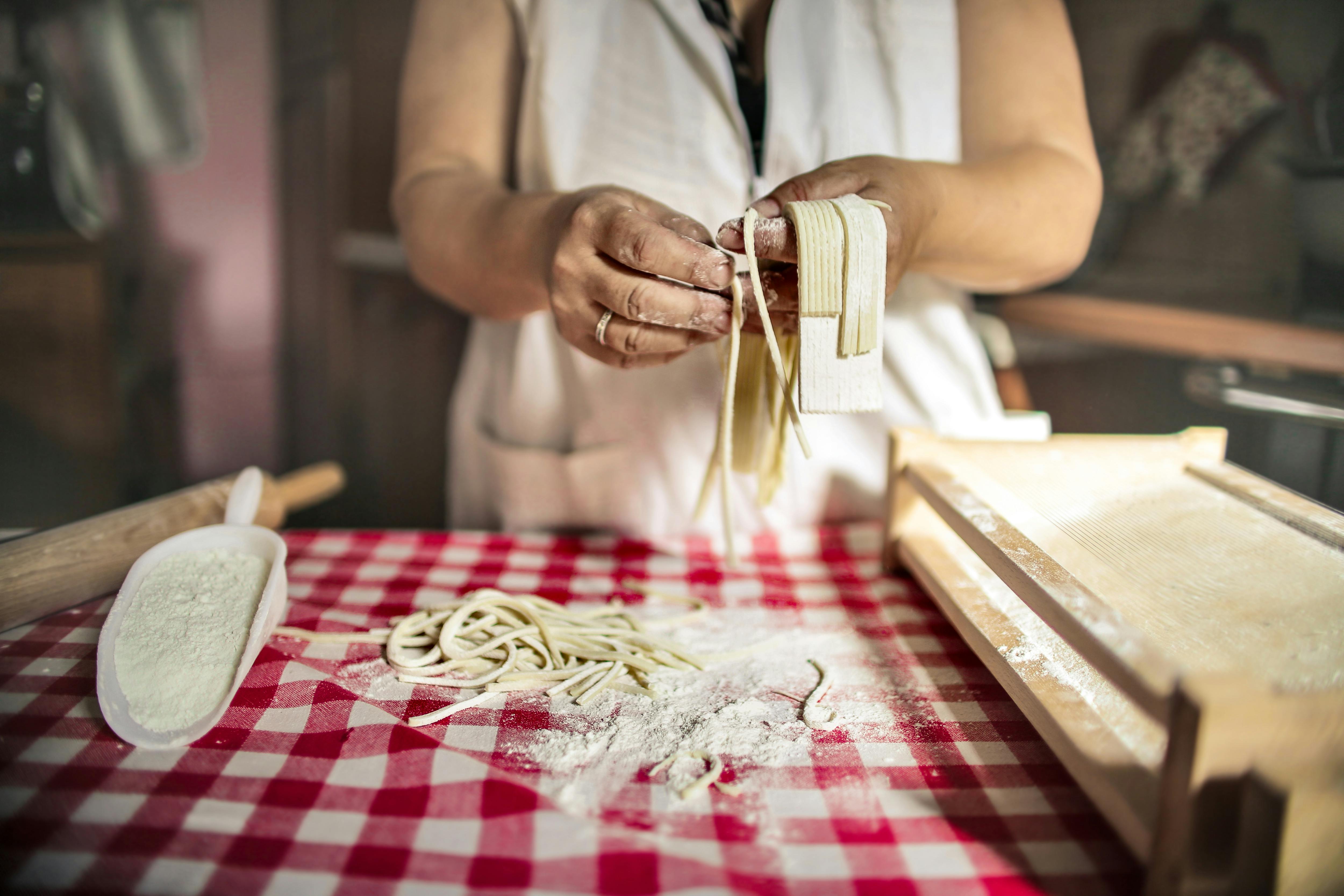How to choose your digital camera
A camera is a very personal object. It becomes even more personal because you will carry it with you all the time, recording your memories or working with it.
Go to a good camera store and look at a few different cameras.
1) The feel of the camera: Hold it and feel it.
Do you like how it fits your hands?
Can you push the buttons and spin the wheels comfortably?
Do you like the placement of the viewfinder?
Do you like the strap? The strap can be changed later. It can be customized.
Is weight good for you?
two) Go to MENU: Move around it.
It is easy?
It’s okay that you don’t understand everything now, you can take photography classes later, just see that you feel comfortable moving through the menu.
Can you touch all the buttons and dials?
without stretching your hands and fingers too much?
Again: does it fit?
Is it intuitive? Do you think you will be able to understand where to find
functions in an easy way?
Budget: Well, this should have been the first topic on the list!
Have a budget in mind for the camera and lens. Remember to include enough money for extra batteries and at least 2 memory cards (16 GB).
Full frame or not? I’m going to make this really simple.
What you see is what you get.
A camera that has a full frame will allow you to capture what you see.
All lenses will behave accordingly. Nothing will be cut.
It is more expensive.
There are different prices for full frame cameras.
Many cameras do not have a full frame.
This means that the sensor will clip some of what you’re seeing through the viewfinder.
When you buy a 50mm lens and use it on a camera that is not full frame, the image will be cropped a bit. This goes for any lens.
megapixels:
Large files use a lot of megapixels (don’t forget to get the memory card that will work best)
Start looking for cameras that have at least 12 megapixels. This will also be a personal choice that may very well be related to budget.
Lens:
This is where the investment should be. Chances are your camera came with a zoom lens. Excellent.
About the lens: The best types of lenses are fixed lenses. That means if you get a 35mm lens, it will only be a 35mm lens (no zoom).
If you want to work with a zoom lens, invest in a good one. See that the aperture will have an aperture of F2.8… at least.
Usually lenses that have wide apertures will provide incredible quality images.
They just get more expensive… but you can get F2.8 for good prices. Ask the dealer if it will work well with your camera. Some lenses are only made for specific types of cameras and models.
Video: Do you want a camera with high-quality video capability?
Below are some cameras in no specific order:
full frame cameras
nikon d3
Canon 1DS MK III
nikon d700
Canon 5D MKIII
Smaller DSLRs (they are lighter than full frame cameras)
nikon d3000
Nylon D3100
Canon EOS-1000D
Canon Rebel T3 1100D
Hybrid Cameras: Between a compact camera and a unique DSLR. Small. Interchangeable lenses. They have many more functions than compact cameras (the point and shoot).
Good for travel and instant photos. Having said that, there are some great hybrids
cameras around.
Here are some hybrid cameras:
Olympus E-P1 Ballpoint Pen
Panasonic Lumix DMC-G1 and DMC-GF1
There are many more types of cameras. When you go to a store, make sure you look at many before choosing!
Reviewing how to buy a camera:
Weight
feel
Intuitive
feel
megapixels
Full frame or not
video capabilities
Budget
important accessories
batteries
Memory card
a good tripod
Have fun investigating!
